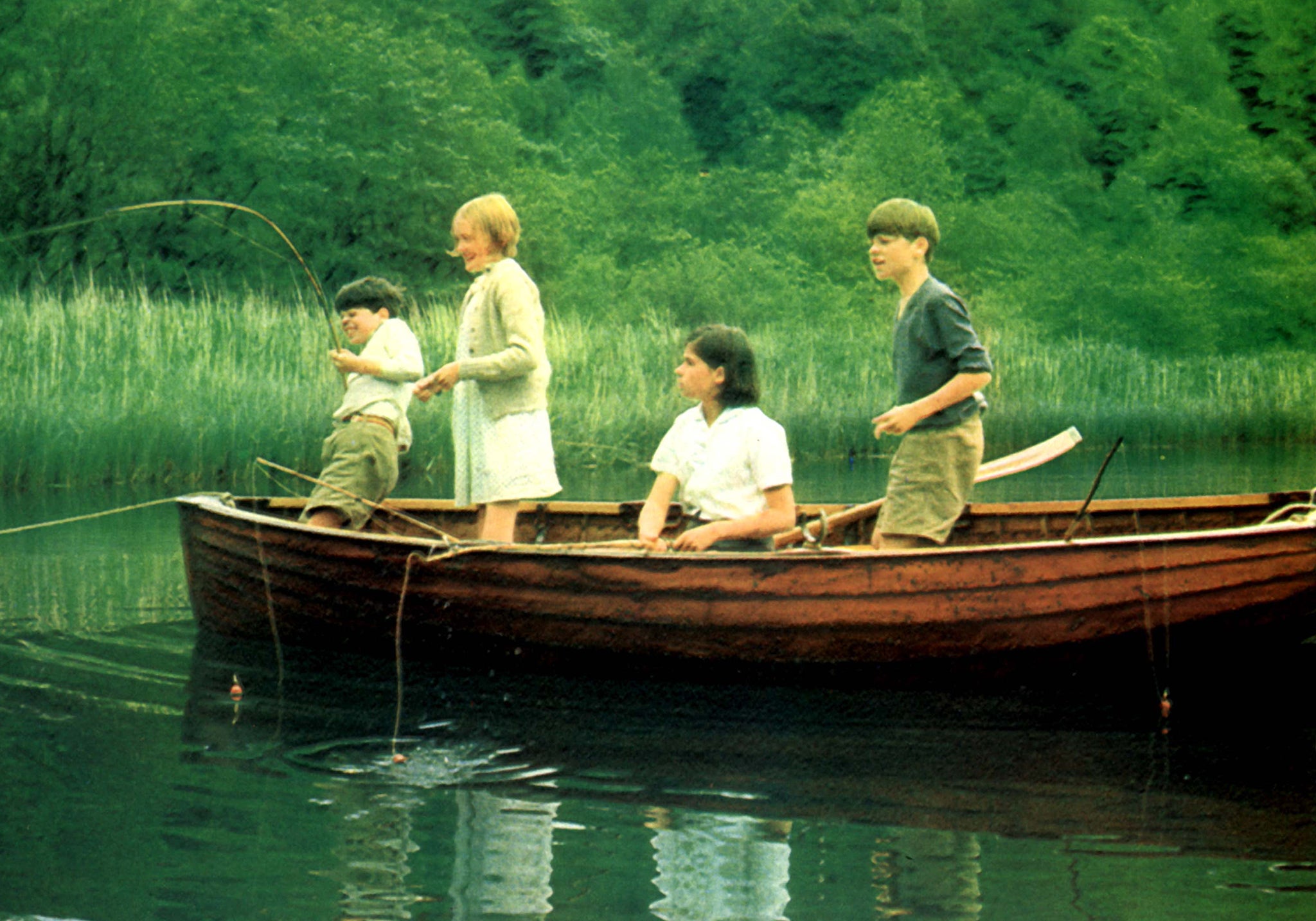BBC changes name of Swallows and Amazons character from Titty to Tatty
The character of Titty was based on Mavis Altounyans

The BBC has bowed to (presumed?) pressure from the PC lobby and changed the name of one of the “Swallows” in a new adaptation of Swallows and Amazons to prevent titters.
Titty will become Tatty Walker in an upcoming feature film remake of Arthur Ransome’s classic children’s story.
The pluckiest of the five Walker children will be played by Teddie-Rose Malleson-Allen, half-sister of the pop star Lily Allen.
The name Titty comes from the real-life family, the Altounyans, upon which Ransome based his story. One of the children, Mavis, was nicknamed after Joseph Jacob’s Titty Mouse and Tatty Mouse story.
The rest of the Walker children’s names (John, Susan and Roger) remain unchanged in the dramatisation.
The story follows a halcyon summer holiday spent left largely to their own devices having adventures, eating pemmican (corned beef) and swilling grog (lemonade or ginger beer) in a borrowed dinghy called Swallow.
The “Amazons” of the title are a pair of children called Nancy and Peggy who have their own boat – and an uncle known to the children as “Captain Flint”.
This is not the first time Titty’s name has been changed by the BBC. A 1963 adaptation renamed the character Kitty when she was played by Susan George.
BBC Film is due to start filming in the Lake District and Yorkshire this weekend.
Directed by Call The Midwife’s Philippa Lowthorpe, it also stars Rafe Spall as James "Captain Flint" Turner.

Watch Apple TV+ free for 7 day
New subscribers only. £9.99/mo. after free trial. Plan auto-renews until cancelled.
ADVERTISEMENT. If you sign up to this service we will earn commission. This revenue helps to fund journalism across The Independent.

Watch Apple TV+ free for 7 day
New subscribers only. £9.99/mo. after free trial. Plan auto-renews until cancelled.
ADVERTISEMENT. If you sign up to this service we will earn commission. This revenue helps to fund journalism across The Independent.
The story, originally set in 1929, has been moved closer to the Second World War in its new version "so that it can be told in a compelling and energetic way" according to Christine Langan, head of BBC Films.
She expects modern audiences will "be inspired by the amount of independence these children have".
Join our commenting forum
Join thought-provoking conversations, follow other Independent readers and see their replies
Comments
Bookmark popover
Removed from bookmarks